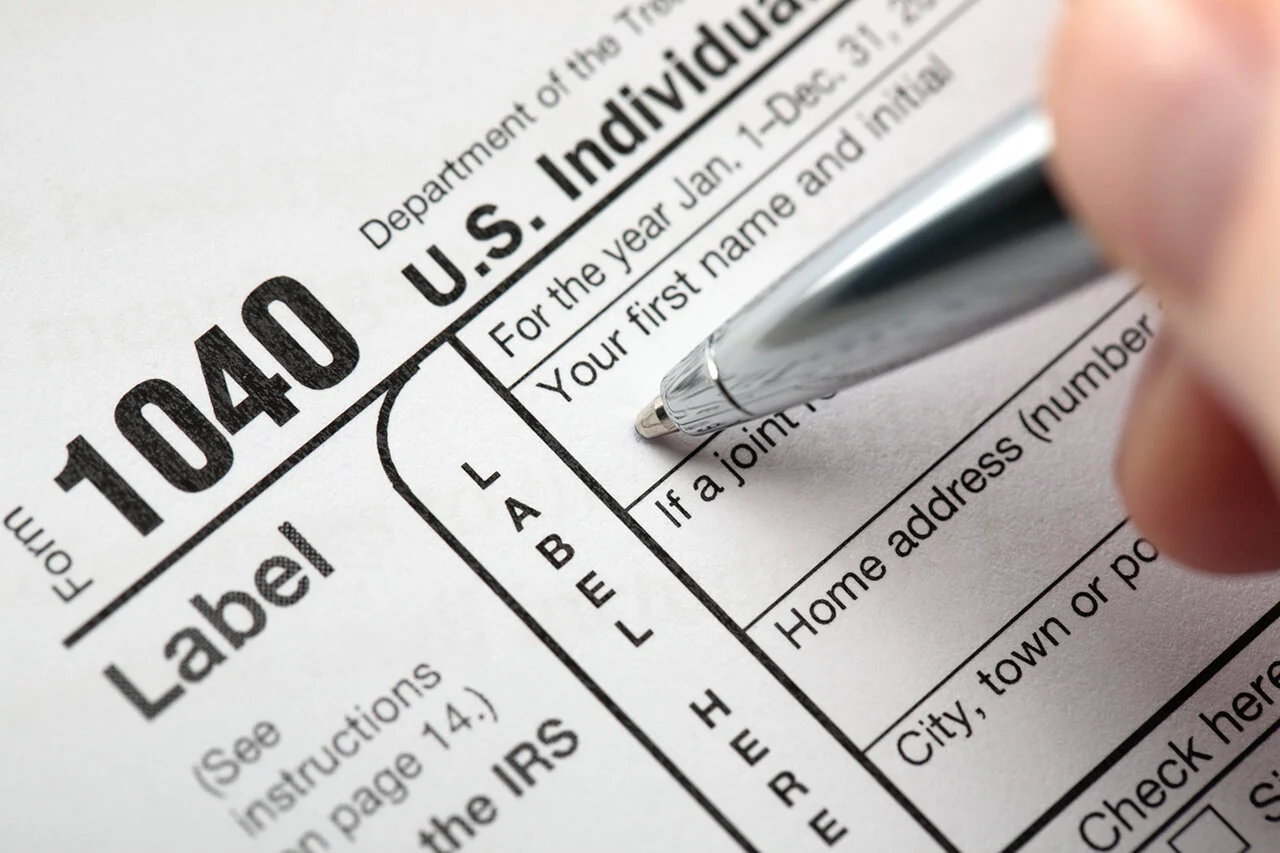Texas Property Taxes Among the Highest in the Nation
Although Texas has no state personal income tax or personal property tax on vehicles, such as cars, boats and aircraft, Texans pay one of the country’s highest tax rates on real estate.
According to personal finance website Wallethub, Texans are paying an average of $3,327 in real estate taxes in 2019. In fact, Texas real estate taxes are the fifth highest in the United States and nearly 60% higher than the average real estate property tax of $2,089 in American households.
New Jersey paid the highest average U.S. real estate property taxes at $3,971 while Hawaii, at an average of $482, paid the least in 2015.
Property taxes vary by each local government and are based on the assessed value of the property. Such property taxes are used to fund libraries, schools and other local government services.
Property taxes are typically determined based on two factors: 1) the value of the land you own and 2) the value of any improvements that sit on the land. Many local governments recalculate a property’s assessed value each years while others may do this annually. One thing is for certain – your property taxes will change over time.
Property taxes can be deducted on your annual tax return. For 2019, tax filers can deduct up to $10,000, or $5,000 for those who are married, but filing separately. Per IRS Publication 530, this total deduction is the maximum amount for a combination of “your total state and local taxes, including taxes (or general sales taxes, if elected instead of income taxes), real estate taxes, and personal property taxes.” It is best to speak to your tax professional regarding details about our property tax deductions.
If you disagree with the assessor’s valuation of your property, you have the right to appeal your property tax assessment. According to the National Taxpayer’s Union, experts have estimated that between 30-60% of taxable property in the United States is over-assessed, leading to higher property tax bills. In fact, lower and middle income taxpayers are among the most often over-assessed. Fewer than 5% of homeowners actually appeal despite most who do so eventually prevail. The National Taxpayer’s Union provides a helpful Homeowner’s Checklist that outlines how to file a property tax assessment appeal.
Regardless of whether you appeal, homeowners are still required to pay the taxes when they are due, despite there being an active appeal. Penalty and interest charges may accrue on any unpaid balance. Also beware that the tax assessor may place a lien against the property, where it can be seized and sold, if property taxes are not timely paid.
Let us know if you would like to learn more by reaching out; we’d love to chat:
ken@tribecagroupdfw.com or 917-426-8185.

